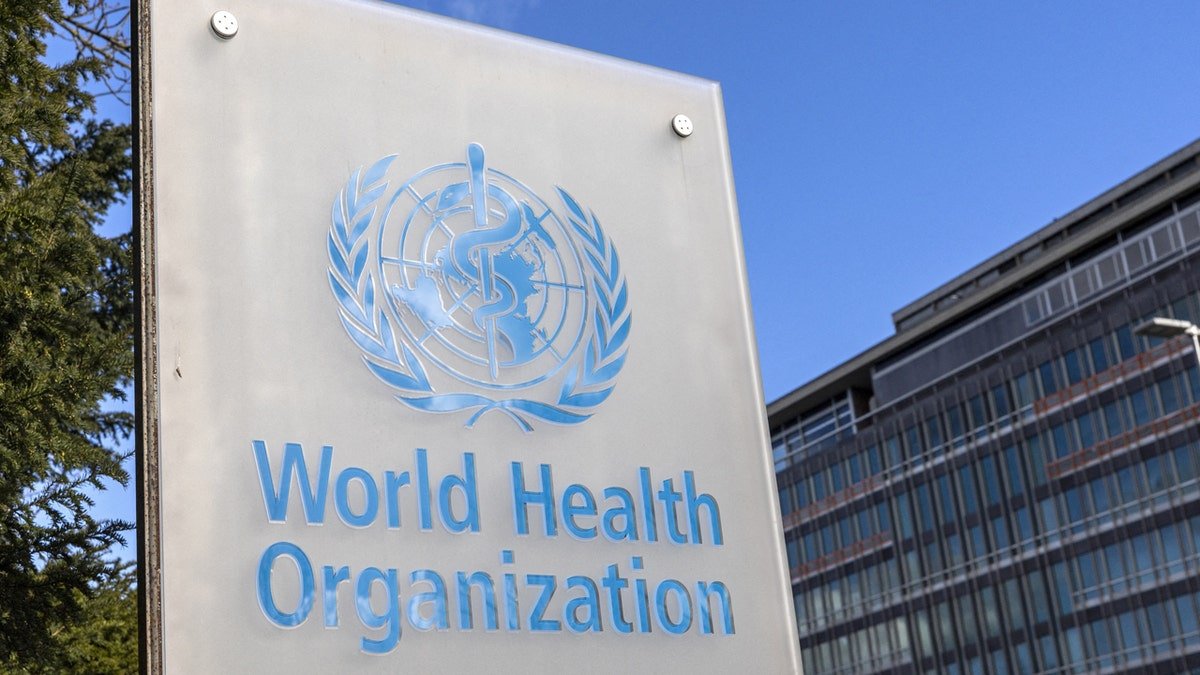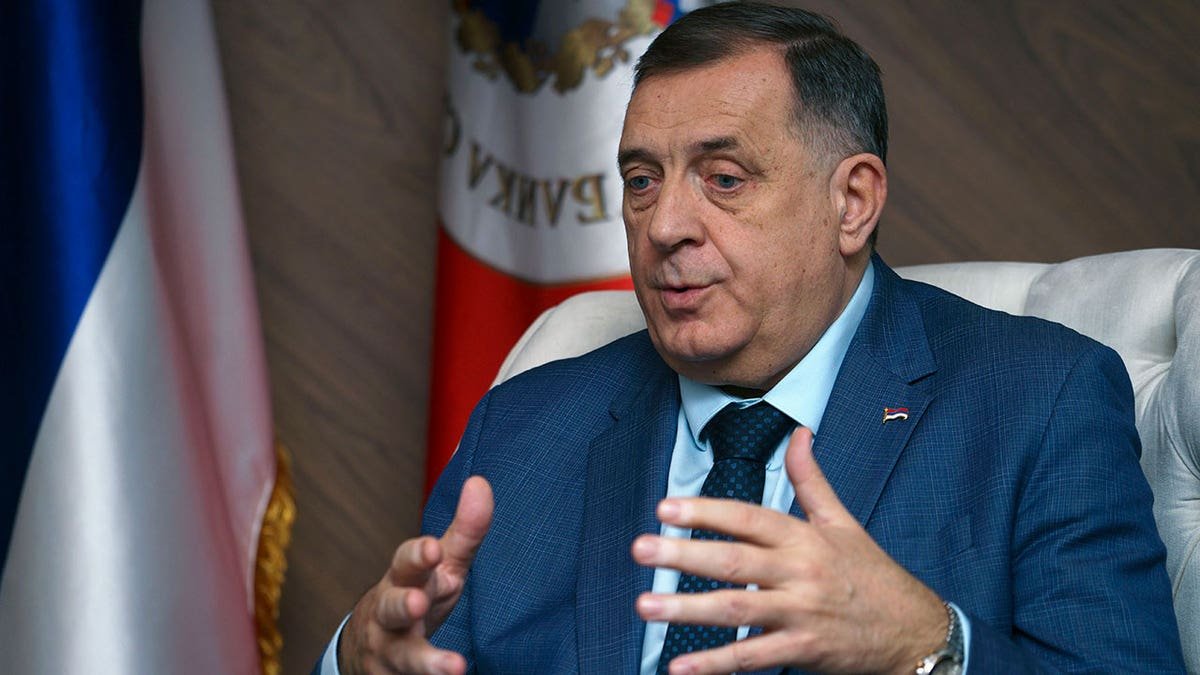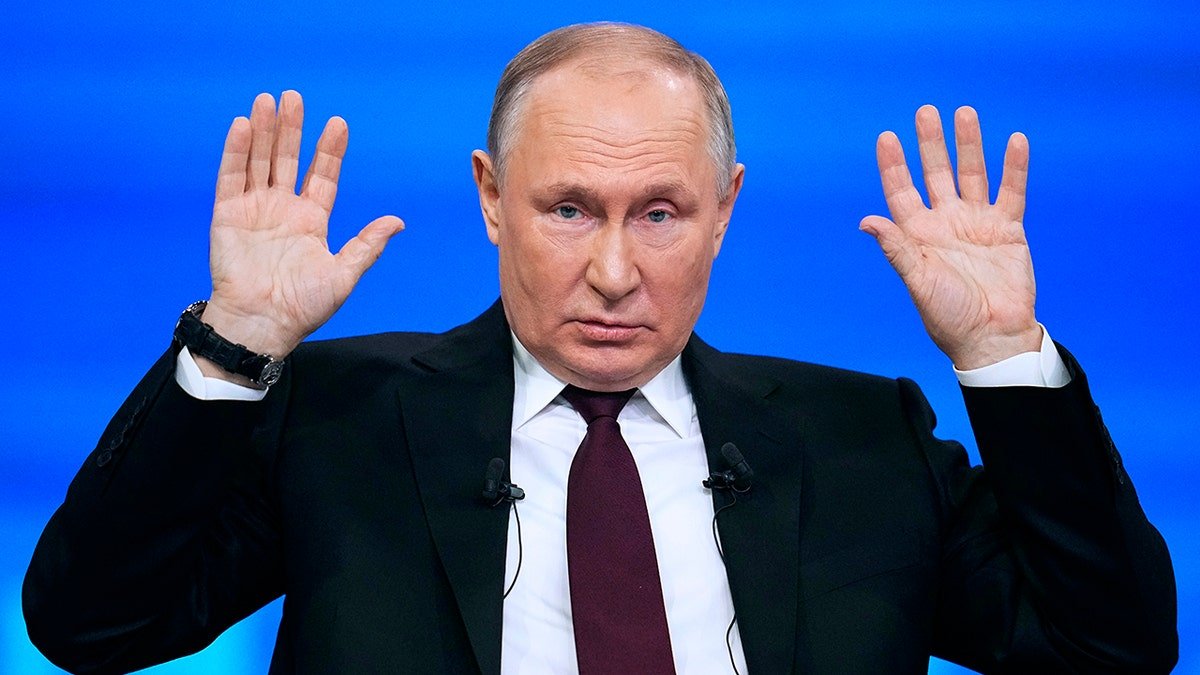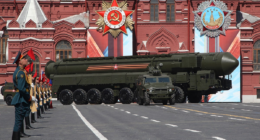CDC issues alert over bird flu case
Fox News medical contributor Dr. Marc Siegel on what to know about bird flu and why it is important to not look directly at the solar eclipse without proper glasses
- Western countries led by the U.S., France and Germany pushed for a deal to bolster pandemic response rules at a major World Health Organization meeting after states failed to finalize a pandemic treaty.
- A separate deal on updates to existing health rules known as the International Health Regulations that includes a new, tiered alert system for global health emergencies, is seen as within reach.
- Some states called for the less contentious International Health Regulations update to be dealt with first, while others said they should be dealt with together.
Western countries led by the United States, France and Germany pushed for a deal to bolster pandemic response rules at a major World Health Organization meeting on Tuesday after states failed to finalize a pandemic treaty.
No agreement was reached on the treaty last week in time for this week’s World Health Assembly, with deep divisions and occasional acrimony between rich and poorer countries on issues like vaccine-sharing and funding that could take months or even years to hash out.
However, a parallel deal on updates to existing legally-binding health rules known as the International Health Regulations (IHR) that includes a new, tiered alert system for global health emergencies, is seen as within reach.
“My appeal here is let us focus on the IHR so we have this success as this is already providing much better protection for the world,” Germany’s Health Minister Karl Lauterbach told the annual meeting of the WHO’s 194 member states.
If we do this, “we would have all been part of an historic opportunity and we would have seized it,” he said, urging the pandemic treaty talks to also be finalized within a year.
France, Norway, Ireland and the United States also called on Tuesday for an IHR deal this week.
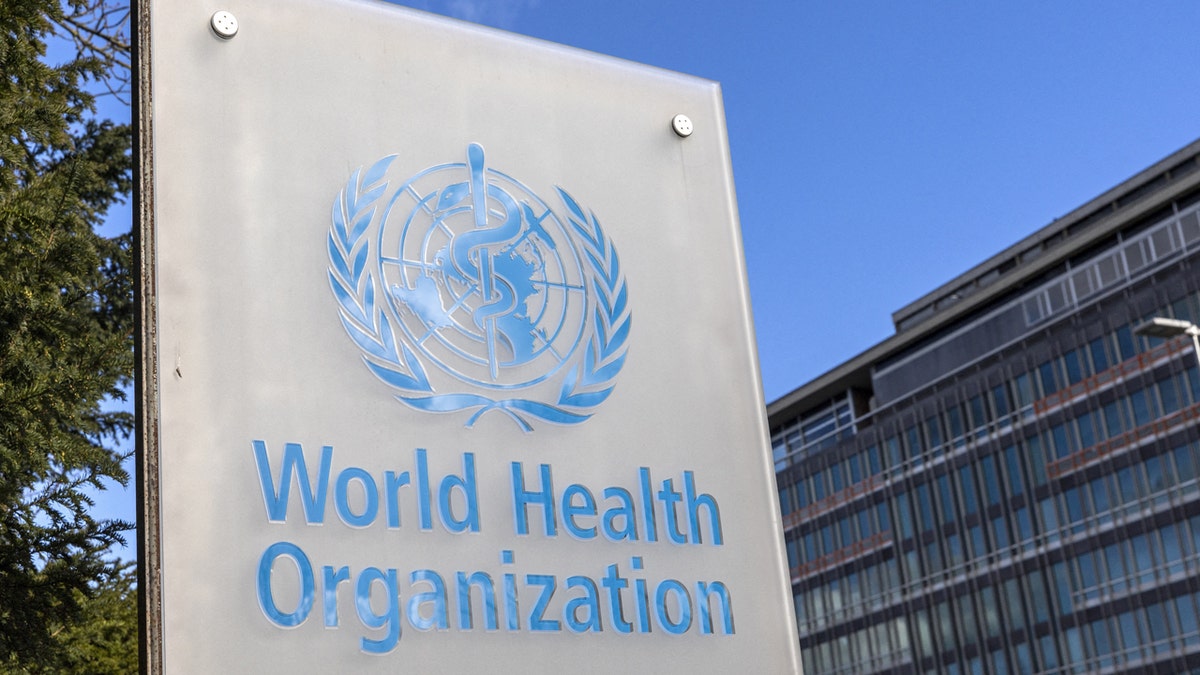
The World Health Organization logo is seen near its headquarters in Geneva, Switzerland, February 2, 2023. (Reuters/Denis Balibouse/File Photo)
Some states appeared to question this approach, with Uganda and Tanzania calling for both the IHR and treaty to be handled together, hinting at the need to extend both negotiations.
To counter what they saw as COVID-era hoarding, African countries are seeking a new system that would reserve at least 20% of tests, treatments and vaccines for poorer countries among other major reforms in the event of another pandemic.
CLICK HERE TO GET THE FOX NEWS APP
Lawrence Gostin, a professor at Georgetown Law in Washington D.C. involved in the negotiations said the IHR were being “leveraged in order for more gains on the pandemic treaty”.
“By delaying adoption of the IHR it (would) make everyone decidedly less safe,” he told Reuters.
Negotiations on both sets of reforms will resume in a new combined format on Wednesday, with the assembly due to conclude on June 1.
